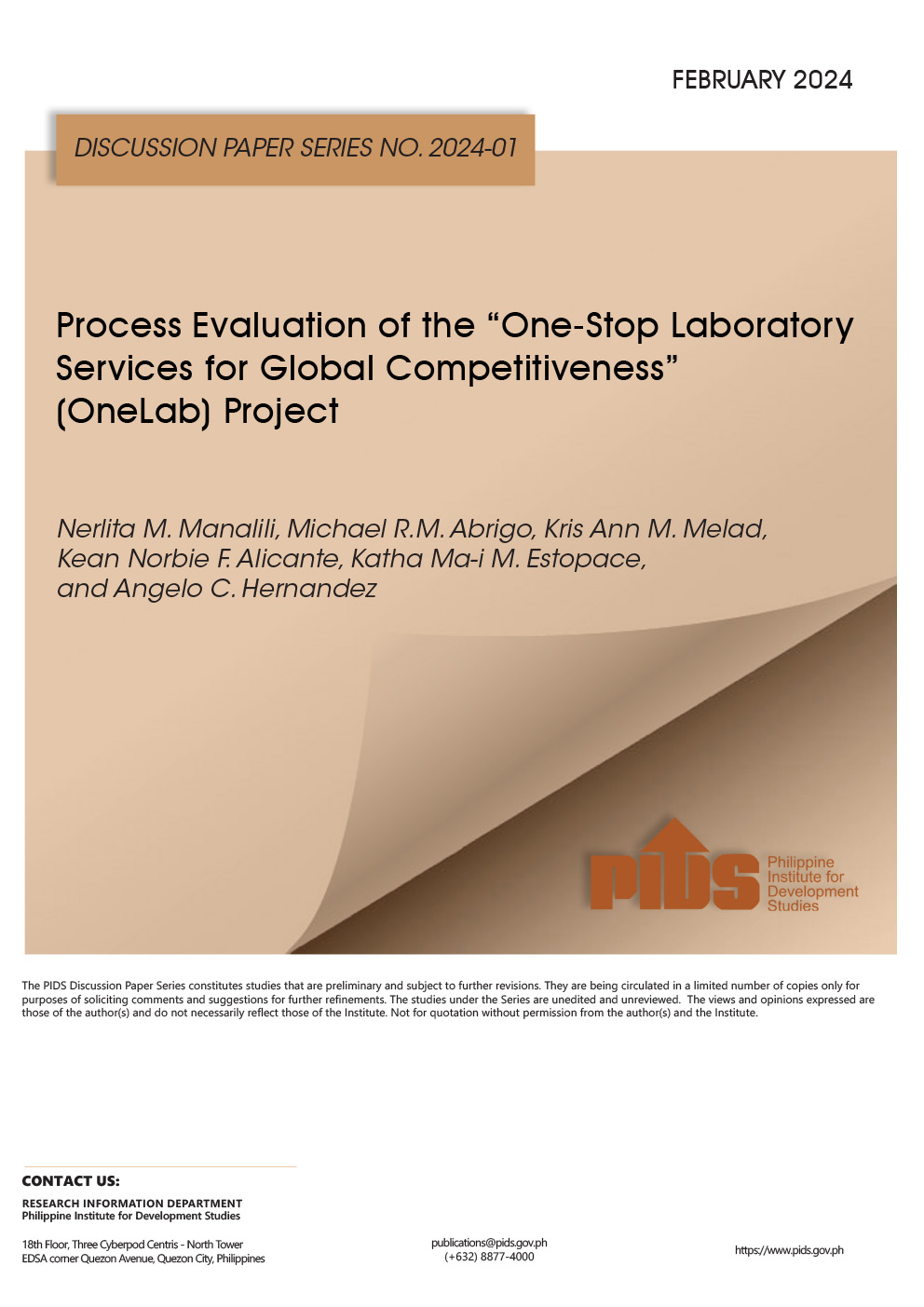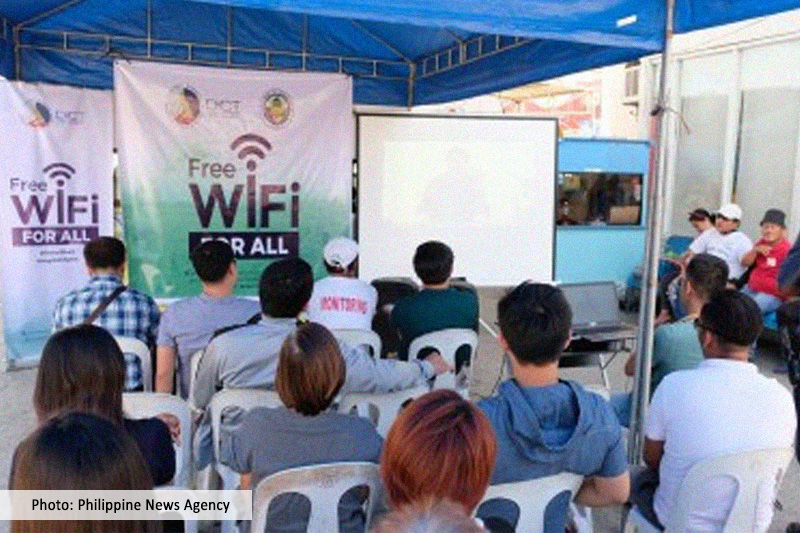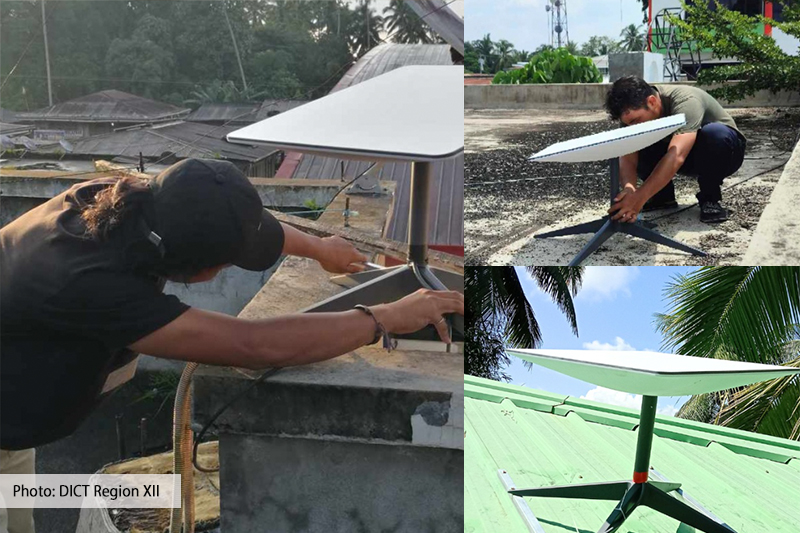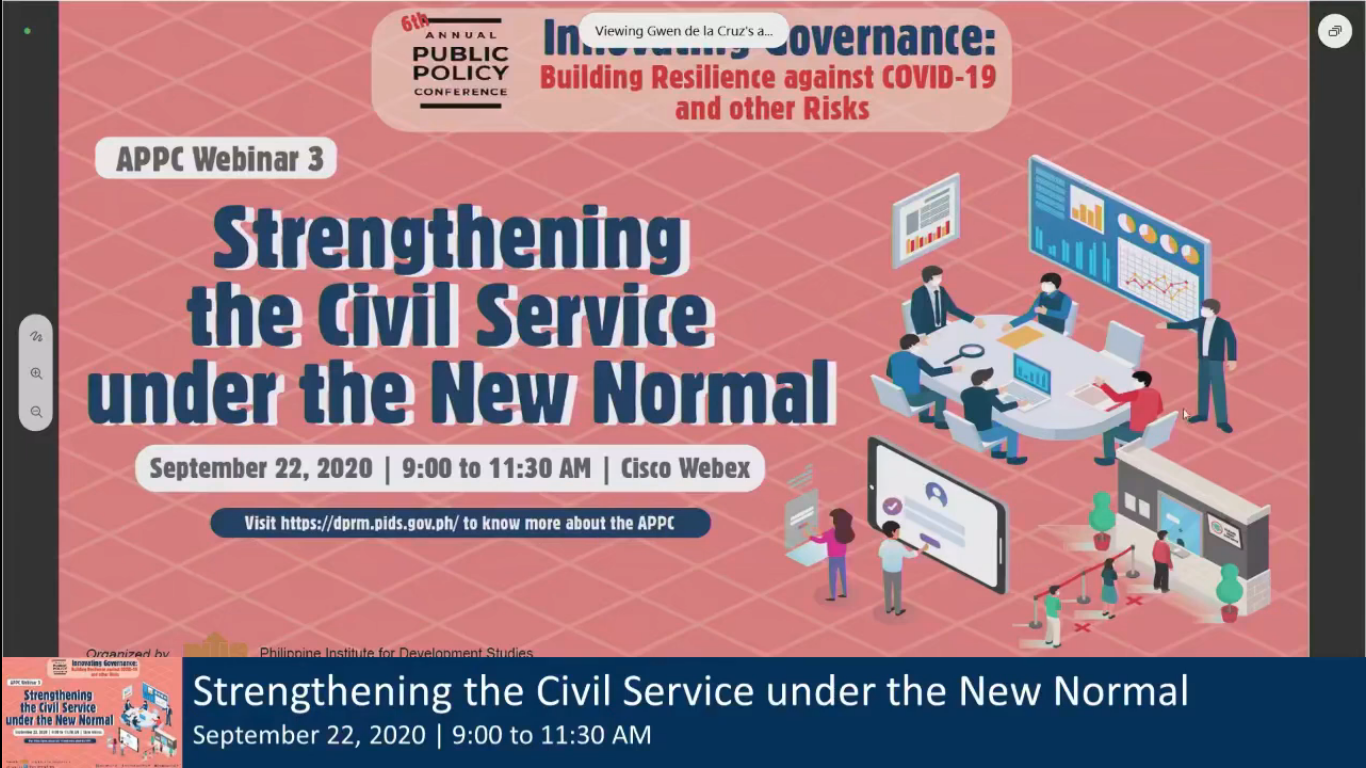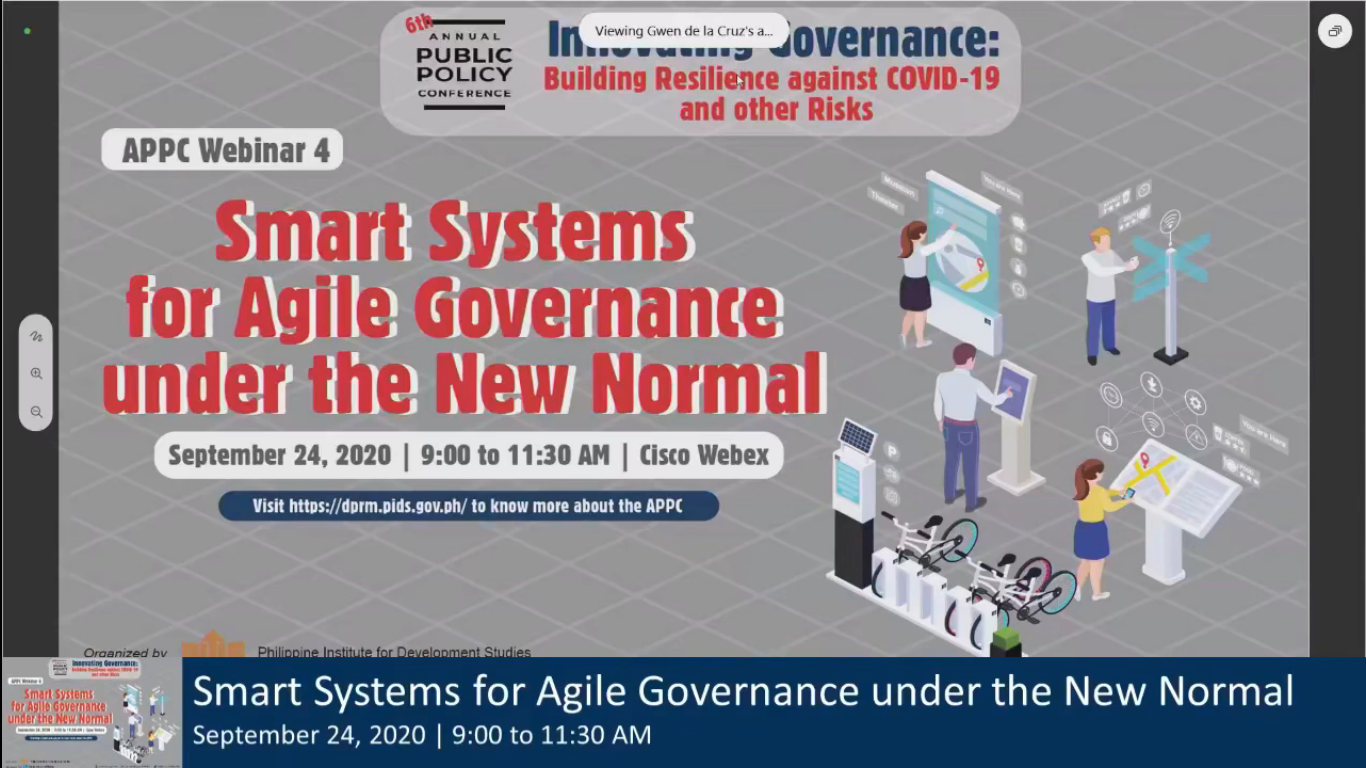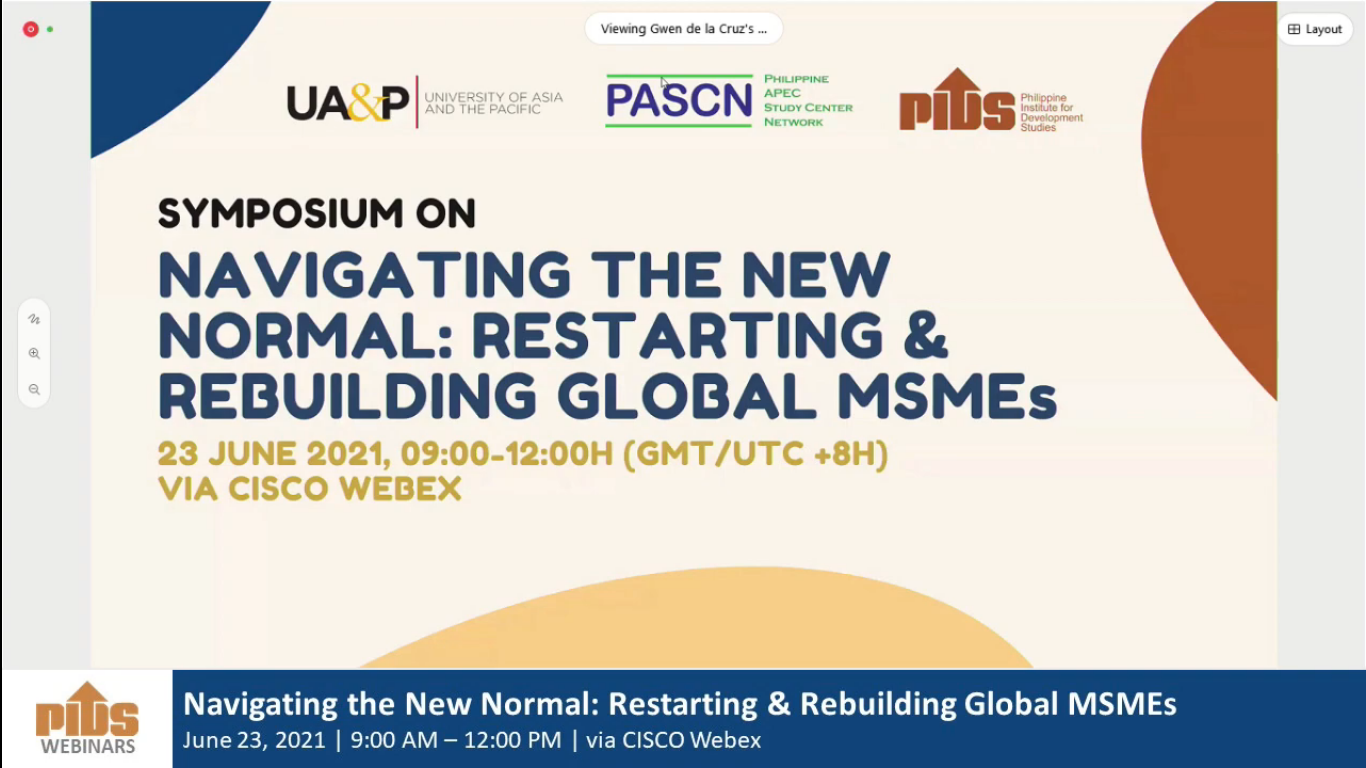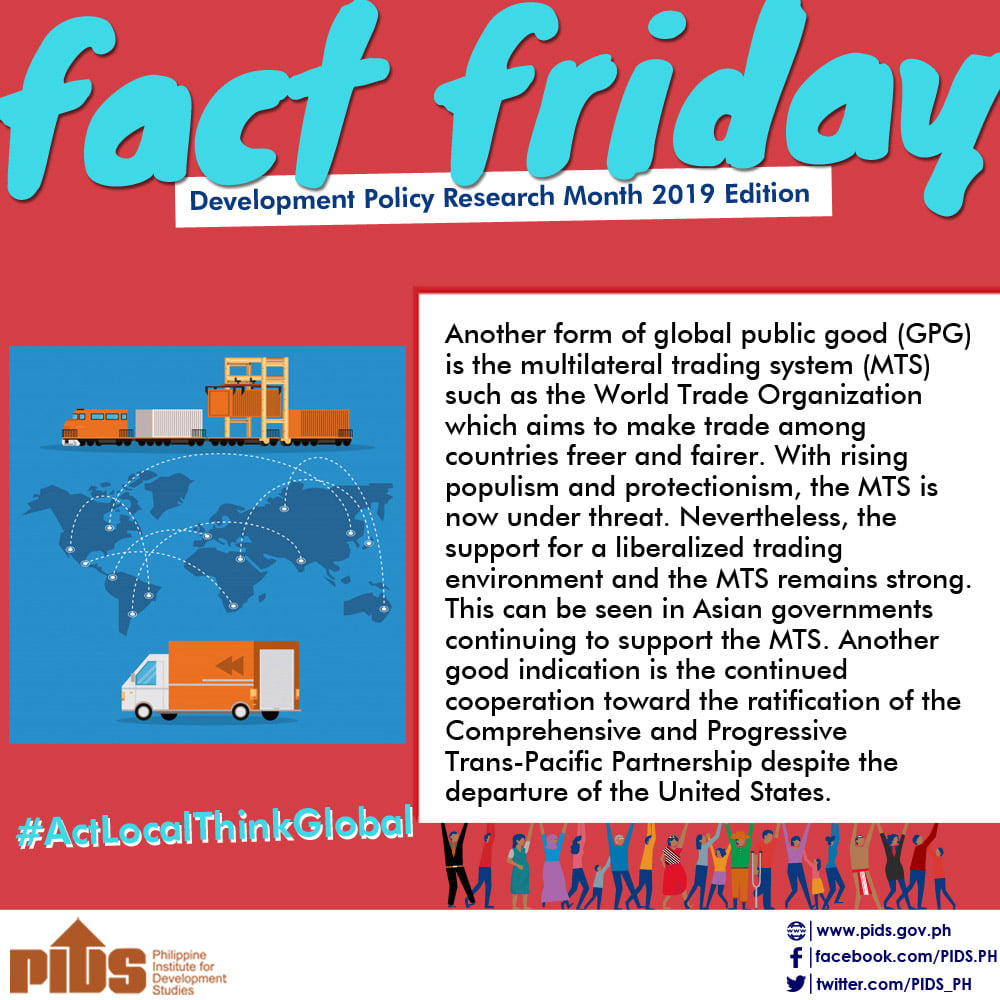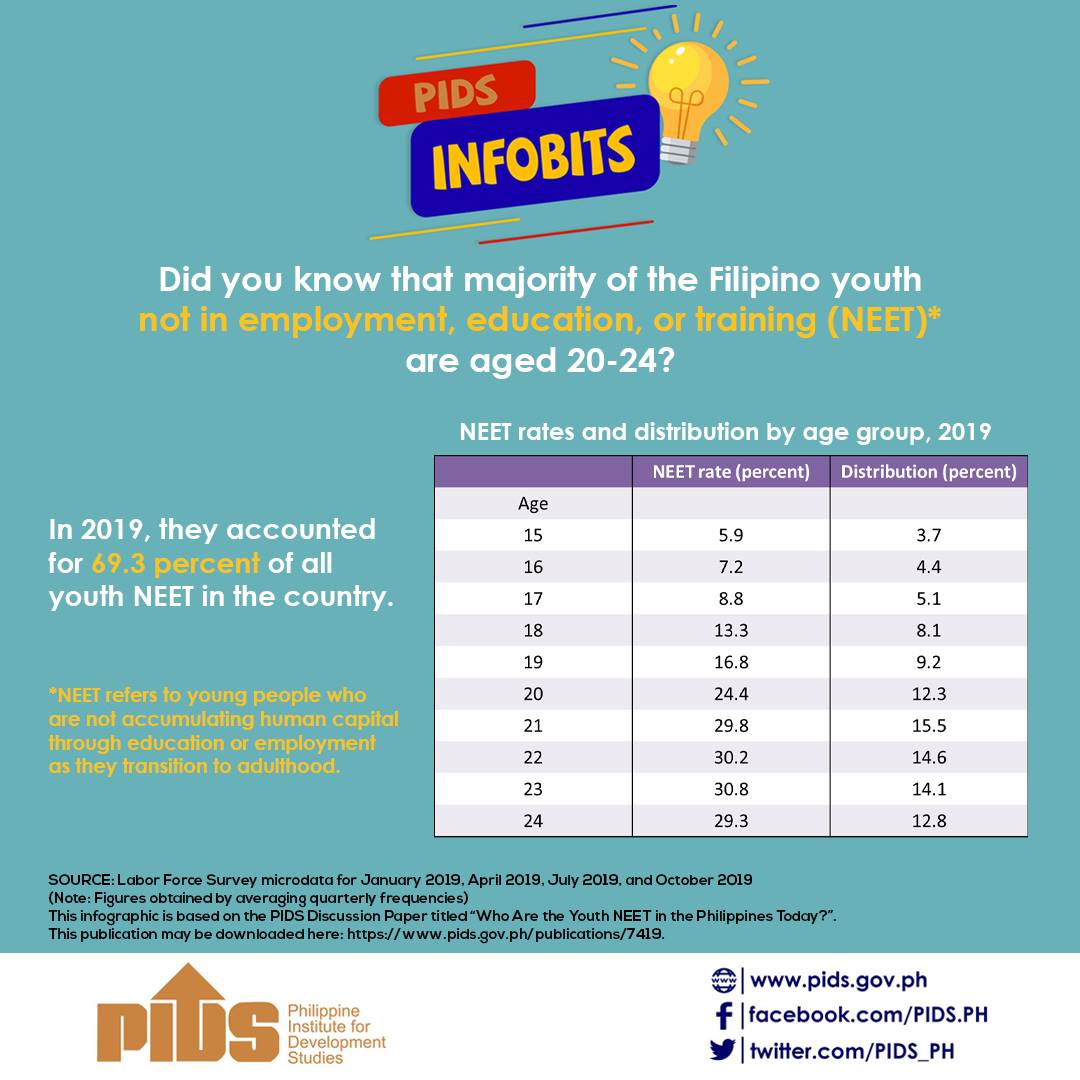THERE’S one important thing that the pandemic has made people realize – technology has become far more advanced that most thought. And for the economy, that’s good news. But first, build trust.
Building trust on new technologies could foster wider acceptance and usage of platforms, and addressing trust issues will be easier if people are digitally literate. Simply put, well- informed and well-skilled.
The country is surely benefiting from the digital economy in terms of employment opportunities, gender equality, and poverty eradication. But there are concerns and government agencies concerned should address issues and challenges in online work such as digital divide, the lack of digital infrastructure, and weak social protection schemes. Accessibility is a big concern. The high cost and the low quality of internet connection service in the country has contributed to the digital divide, which leads to unequal access to services delivered by the internet.
There is also the need to move up the online work value chain. According to the study “Online Work in the Philippines: Some Lessons in the Asian Context” by the government’s Philippine Institute for Development Studies, many online workers are engaged in jobs that have low value-added. This makes the competition with peers in other regions tough for Filipino workers. Capacitating workers is important to help the country move up the value chain.
There is a need to create a sustainable ecosystem that encompasses skills development programs and training support initiatives for all types of workers. It means we need good infrastructure like fast, reliable, and affordable internet. Meanwhile, human capital development strategies should have flexible and updated curriculum, adequate training centers, and trainers. We also need business support and financing facilities for firms so that when opportunities arise, employers and employees can react with agility.
Ah yes, there must be social protection programs for online workers. The government should explore policies that could ensure health and safety coverage and protect the sustainability of pension programs.
The importance of online security must not also be downplayed. The government must ensure that users are protected from abuse and misuse of malicious people. It should set up a consumer protection framework and strong cybersecurity with a strong and effective grievance mechanism system.
The bottom line: digital literacy should cover basic information and communications technology skills, internet know-how to benefit online services, accessibility, and security.

